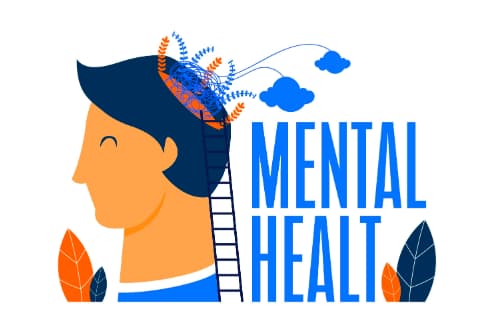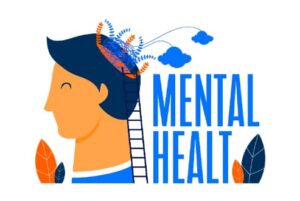Recognizing warning signs: early indicators of distress
Early warning signs are crucial for timely intervention. Behavioral changes like withdrawal from social activities, expressions of hopelessness, or uncharacteristic aggression can indicate a person in crisis. Physical signs, such as neglecting self-care or changes in sleep and appetite, may also signal distress. Recognizing these indicators allows friends and family to act with compassion and urgency, offering support before a crisis escalates.
The role of open conversations: breaking the silence
Talking openly about mental health and suicide is vital for prevention. Creating safe spaces where individuals feel they can share their experiences without judgment helps reduce isolation. Initiating a compassionate conversation, offering to listen without pressuring for details, and asking open-ended questions can open doors to critical dialogue. These conversations can reduce stigma, empower others to seek help, and create a supportive environment in which individuals feel seen and valued.
Building support systems: family, friends, and community
Support networks play a crucial role in prevention. Family and friends can act as lifelines, providing a safe haven where individuals can express their feelings openly. Community groups, such as local mental health organizations, offer valuable resources, including counseling, group therapy, and social support activities. Strengthening social bonds can counter loneliness, fostering a sense of belonging and security for those at risk.
For those working in healthcare, professional attire can contribute to a positive and compassionate image. Visit medhoodie for medical clothing that combines comfort with professionalism.
Self-care and resilience: strengthening mental health

Promoting self-care and resilience is foundational to mental health and suicide prevention. Developing self-care routines helps to manage stress, build confidence, and maintain emotional balance. Practices like mindfulness help individuals become aware of their thoughts and emotions without judgment, providing a sense of control and clarity. Physical exercise releases endorphins, which boost mood and alleviate stress. Spending time on hobbies or creative activities adds joy and fulfillment, offering relief from daily pressures. Resilience grows from self-compassion, recognizing strengths, and learning to navigate difficult situations with a balanced perspective. By cultivating these habits, individuals build an emotional buffer that supports their well-being and prepares them to face life’s challenges more effectively.Accessing professional help: resources and when to seek assistance
When signs of distress intensify or persist, professional intervention is essential. Therapists, counselors, and mental health hotlines offer specialized support that can make a difference in overcoming crises. Resources such as cognitive behavioral therapy (CBT) and group counseling provide personalized care and tools for managing difficult emotions. Encouraging professional help as a normal, accessible step toward mental wellness makes a powerful impact in prevention efforts.







